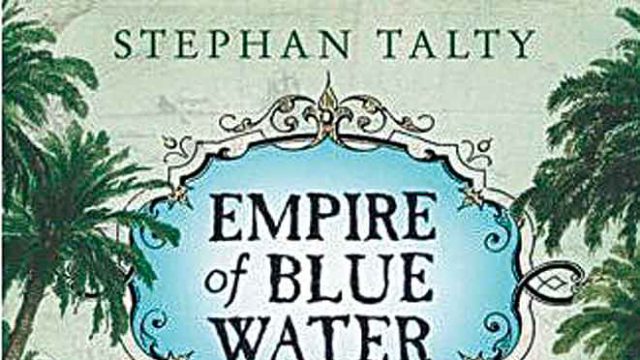At the end of Empire of Blue Water, Stephen Talty (Simon & Schuster, $15.75) includes a brief glossary. This goes from “ambuscade — an ambush launched from a concealed fortification” to “woolding — a commonly used form of torture in which a knotted cord was tied around a victim’s head and then twisted with a stick until the eyes popped out”.
Between the perils and the casual brutality of the pirate life lay a far more complex truth. In Talty’s version, the pirates of legend were the mercenary troops of colonialism, the battering ram that forced open the doors of empire. As he follows the career of Henry Morgan, the man who stands alongside Blackbeard in pirate mythology, the big revelation is that the most significant acts of piracy took place not on the open seas, but in a struggle for dominion over fortresses, cities and territories on islands like Jamaica.
As Spain and England clashed in an ancient enmity, men like Henry Morgan were in demand. Morgan wore nondescript working clothes — no eye-patch, no bandanna, just a cotton shirt, breeches, leather boots. He was a professional buccaneer, in contrast to the early boucaniers. These outcasts got their name from boucan, smoked beef obtained from stolen cows and were a society of male-only “backwoods communists” who were expert raiders, hunters and trespassers.
Morgan, in contrast, was an experienced strategist and navigator by his thirtieth birthday. When he discovered in an early siege of a city that his failure to torture his captives had made him seem weak, he changed his tactics. In his next siege, he used the aged, the wretched and the religious of the besieged city as human shields.
By thirty-five, he was a respected pirate — and a respected man, the recipient of honours from the English crown. In his fifties, he was appointed deputy governor of Jamaica — a respectable end for a man who had terrorized ships across the oceans and who now set himself to executing pirates. He died of too much rum, dropsical and bloated at the age of 53, leaving a grand legend behind him.
Stephen Talty does a magnificent job of untangling the twisted politics of betrayal and alliance that governed the English and Spanish courts. But what the reader will remember most are the everyday details: the pirate Low forcing a sailor to eat his own ears “with pepper and salt”, the story of Mary Carleton, and the most famous whore in the West Indies who was admired by no less than Samuel Pepys. And there were the compensation clauses in the articles of service that the buccaneers signed — 600 pieces of eight for the loss of a right arm, 100 for an eye or a finger. It was a hazardous life; but for men like Henry Morgan, and the empire that hired him, a profitable one.
The Empire of Blue Water by Stephen Talty is definitely an excellent read for all those who love going period, and pirate!




